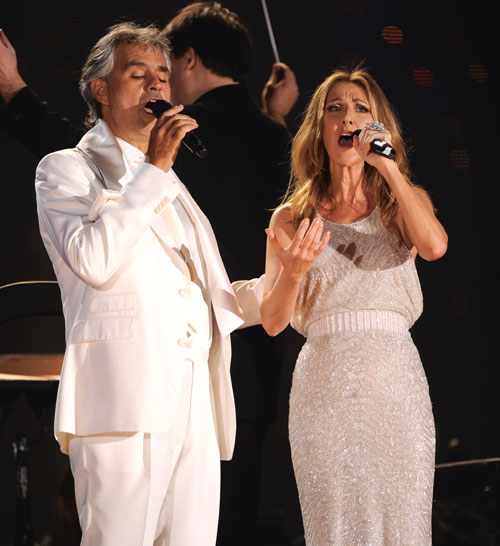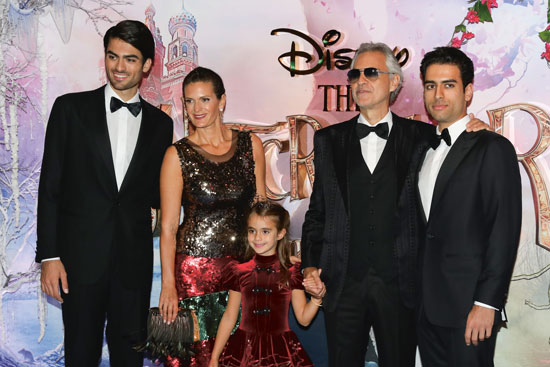Iwas a very vivacious teenager, even a bit naughty, always willing to crack a joke and have a laugh. As they say where I come from, I was… “always up to something”. When I lost my sight [aged 12 following a football accident, having already been born with glaucoma] I cried, but only for a short while. I then set aside any form of self-pity and decided I needed to be positive and optimistic about life, finding ways to explore it. This did not affect in any way my musical training. People may perceive it as my main issue, but it never was and never is.
I would not say I had any teenage ‘angst’. But I was restless for sure and I was always curious about everything, as well as stubborn. Maybe at times, as part of family life, there may have been the odd spark, some arguing with my parents or my brother, but overall we were a united and peaceful family. Love always prevailed, mutual fondness softened any kind of friction that might have emerged.

I think I was an ambitious teenager and a dreamer. I have always wanted to earn my living with my music. It was an ongoing ambition from the time I was in secondary school and also later during my university years. I succeeded, albeit many years later, after I turned 35, after lots of hurdles and many “nos” had severely tested my pipe dreams.
I owe my parents an awful lot. My father Sandro and my mother Edi moulded my character, offering me an education that was invaluable during my whole life. Among the many teachings I received, I would mention the determination not to give up. This is what my parents showed during my mother’s pregnancy when the doctors advised her to have an abortion because the baby would be born with severe illnesses. She ignored their advice and carried on with my father’s support. Without their courage and faith I would not be here today to tell the story.
It is legitimate and wonderful to be able to dream, but as an adult one must never lose touch with reality
My father and I were very similar in character. We were both strong-natured and we have argued over time. Even though there was never any family opposition to my passion for music my father did not think I could succeed and be able to support myself relying only on my voice. He used to say if you enjoy it, sing but you must first get an education! He also used to try and restrain my youthful eagerness (and sometimes my recklessness) with his fatherly love and typical parental apprehension that I only understood later once I became a father myself.
The first time I was on stage I was about eight years old, during the end-of-school-year concert. I remember a small wooden stage in the school hall, where I spent the first five years of my studies. I was anxious and emotional and I sang O sole mio. That was the first applause outside the family circle. I was still in short trousers, at the age of 12, when my uncle insisted I took part in a summer competition run by the Caffè Margherita in Viareggio (a Tuscan seaside resort). I won and that was my first success, and the first time I felt the affection of an audience. Many years later, on the stage of the Sanremo Festival, I felt the enthusiasm of the audience and I understood that, maybe, my career was at last taking off.











